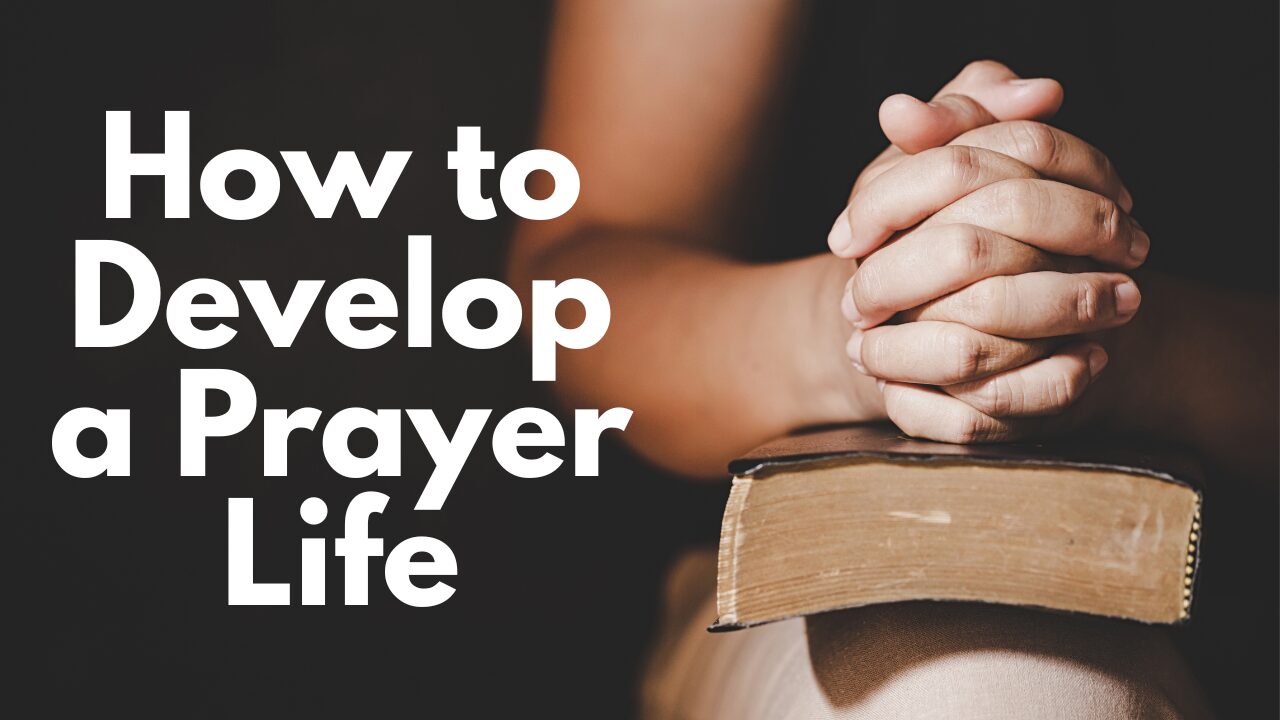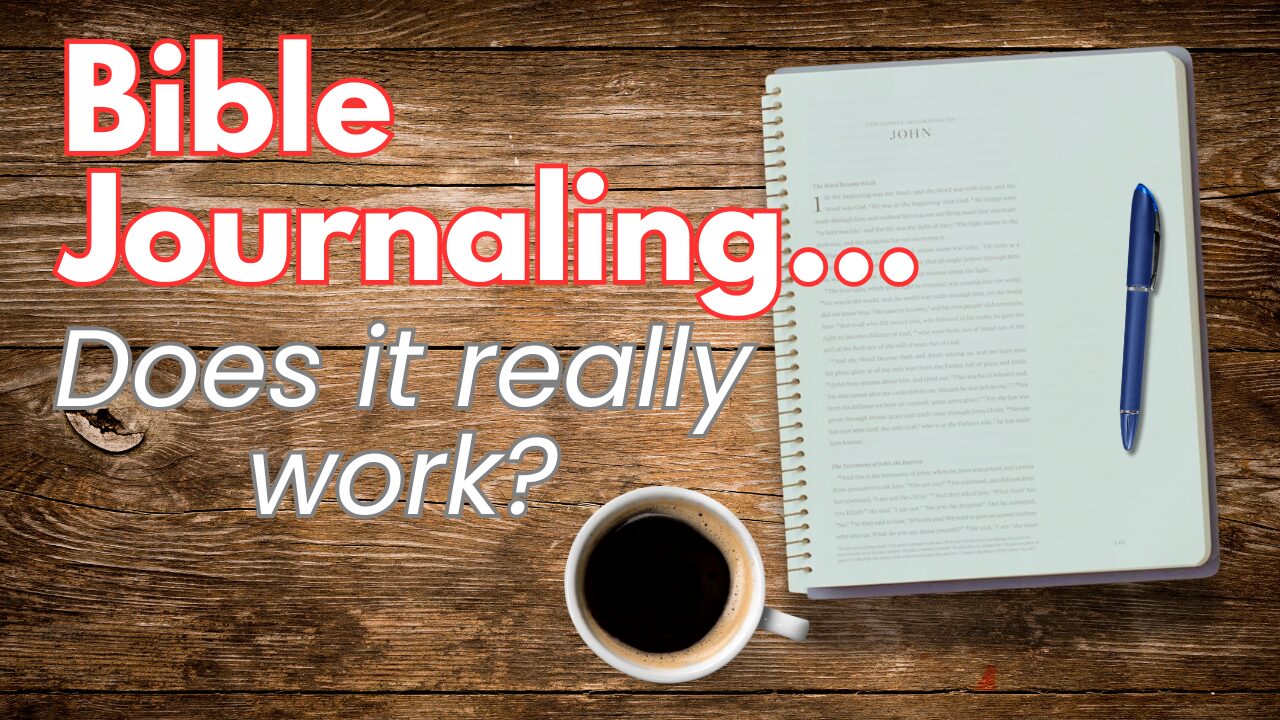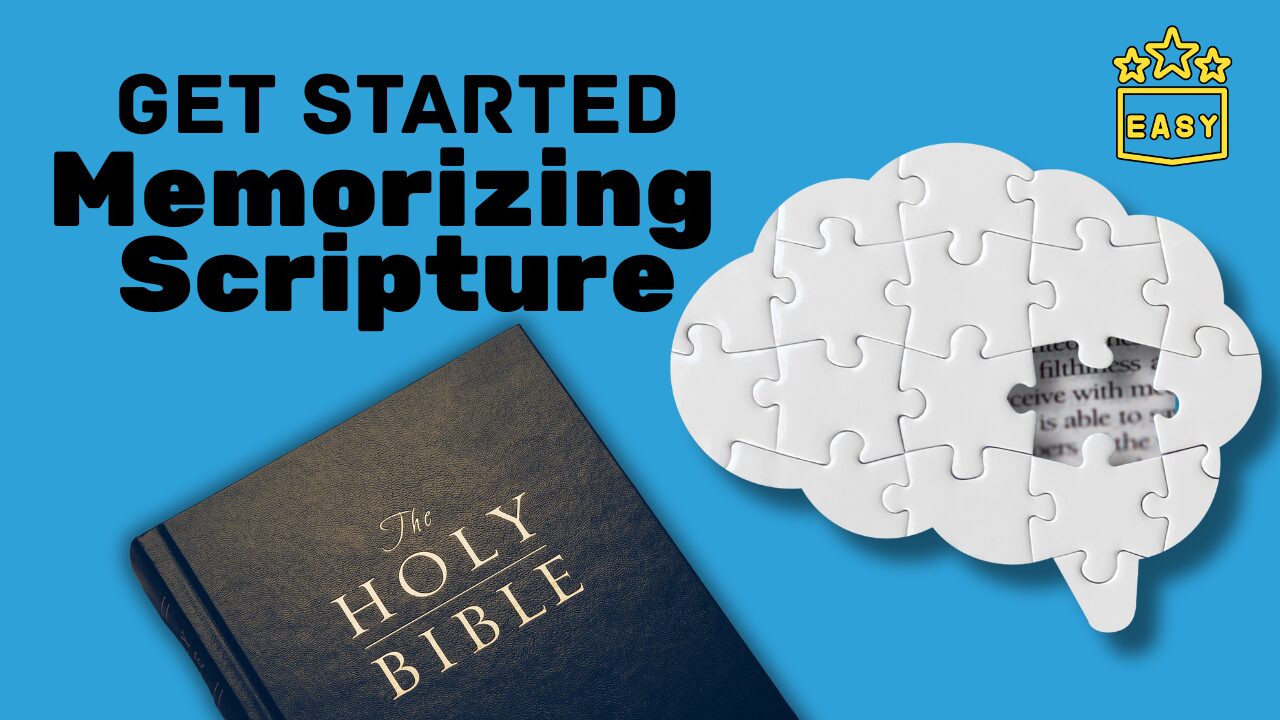We all need help when it comes to understanding the Bible better. Even your straight A students may need some help understanding phrases like, “tribulation,” “honor to the woman as the weaker vessel,” or “abomination to the Lord.”
There are some big time translations going on and without the right context or cultural background reading the bible, let alone understanding it, can be a challenge. Reading the bible can sometimes feel like when we are told to floss, exercise or eat vegetables. We know its good for us but we ignore the advice or maybe just don’t make it the top priority in our life. We will get to it, when we get to it. You are not alone if you struggle.
Reading your bible will change your life. It will give you more peace and more wisdom and the icing on the cake… reading your bible does not require breaking a sweat, broccoli or brussel sprouts. It can be easy to do and it can be easier to understand.
There are three things that you can do to make reading the bible a little easier. The absolute biggest thing you can do to make your Bible reading better is to work on developing a habit. Check out the post called 3 Ways to Read the Bible Daily. This has been a super popular on YouTube and it is one you won’t want to miss. Once you start making reading daily habit, here are some things you can do to make that time easier spent because you will be able to understand more of what you are reading.
- Cross reference different translations of the Bible to try and get a better understanding of meaning.
There are so many different translations of the Bible out there. Ultimately you need to pick the one that you like best or that you feel like the methods used for translation are the most reliable. I typically use the ESV or NIV but I have found that using other translations to cross reference versus can help me understand the deeper meaning of the verses. I find myself flipping back and forth between translations all the time. If you use the Bible App it is super easy to switch things around and there is even a screen options to show multiple version side by side!
If you want to learn more about which bible translation is best for you visit one of these links to articles about this topic.
Article links:
Church Source (look at the bottom of the page)
2. Use a Bible with a built in commentary to gain more context and meaning of scriptures, culture and meaning.
Commentaries provide a way for you to read about the author of a book in the bible, the setting, the context of the culture and the time period the events were happening. Some of them even provide maps so you can see where in the world things were happening.
You can also use a variety commentary web sites but you will want to make sure it is a legitimate resource. There are a ton of helpful sites out there but some are much more reputable than others.
You can also use the Bible app to search for a topic you are looking for in the Bible. Maybe you want to know where in the Bible it talk about marriage or parenting. Search for it to get a list of scriptures that might be relevant. Then you can use that list to start looking at scriptures and apply the first suggestions about applying different translations to a scripture to gain more understanding.
- The last thing we will talk about is something you have been using your whole school life. The Dictionary!! We can use a regular, everyday dictionary to look up definitions of words. You may already know the definition but the dictionary provides a very grounding clues to how to think about individual words.
Here is an exercise I completed just a few weeks ago.
Submit yourselves, then, to God. Resist the devil, and he will flee from you. James 4:7. NIV
I looked up the translation of the word “submit” just using the phrase “define submit” in a regular Google search. The result was: accept or yield to a superior force or to the authority or will of another person.
I have found that each time I look up a word a light bulb goes on either confirming what I thought it meant or it provides a satisfying moment of clarity. This is a definition being provided by a non-Christian source and it still has application and deeper meaning to a bible verse. In this one it is referencing a superior force which just happens to be God. Mind blowing, right! You can do this to each word in the scripture to make sure you are getting a full and clear picture of what is being said.
Here is a BONUS tip!
When you start combining some of these ways to understand it can get powerful! I use multiple translations and the regular dictionary A LOT. And it provides so much clarity. When you apply translations, commentaries and definitions, it is like getting a Bible cheat sheet or a fast pass.
To take your Bible Reading to the next level… start having conversations with other believers about what you are learning. Hearing how a scripture impacted someone else can exponentially increase your understanding in a whole new way. You only know how to reference the meaning of words, stories and scenarios based on your own personal experiences. When you hear about someone else’s application of those same stories and scenarios, it’s based on their personal experiences. It gives you a whole new concept to consider and deepens your understanding even further. It’s like God knew how humans learn or something… oh wait!
Let’s walk through a real example so you will know how to repeat the steps.
Let’s use 2 Corinthians 6:14:
Do not be unequally yoked with unbelievers. For what partnership has righteousness with lawlessness? Or what fellowship has light with darkness? ESV
When I look at different translations, I can learn that this can also mean:
Be ye not unequally yoked together with unbelievers: for what fellowship hath righteousness with unrighteousness? and what communion hath light with darkness? KJV
Do not try to work together as equals with unbelievers, for it cannot be done. How can right and wrong be partners? How can light and darkness live together? GNT
Do not be yoked together with unbelievers. For what do righteousness and wickedness have in common? Or what fellowship can light have with darkness? NIV
Don’t team up with those who are unbelievers. How can righteousness be a partner with wickedness? How can light live with darkness? NLT
I noticed that “yoked” and “together” were used a few times. Here is what I found when I looked up these words in the dictionary:
- Yoked: put a yoke on (a pair of animals); couple or attach with or to a yoke.
- Together: 1) with or in proximity to another person or people.2) into companionship or close association.
I started getting a better understanding. Lightbulb! Let’s bring in some notes from a commentary. My personal bible is a New Living Bible translation. Here are the notes from the commentary:
“Paul urges believers, not to “team up,” that is, form partnerships with unbelievers, because this might weaken their Christian commitment, integrity, or standards. It would be a mismatch. Earlier, Paul had explained that this did not mean isolating oneself from unbelievers.
See, 1 Corinthians 5:9-10 – Paul even, or just Christians to stay with their unbelieving spouses. And it references 1 Corinthians 7:12-13 He wanted believers to be active in their witness for Christ to unbelievers, but not lock themselves into personal or business relationships. That could cause them to compromise their faith. Believers should do everything in their power to avoid situations that could force them to divide their loyalties.
These verses also have strong application to marriage. Paul did not want single believers to enter into marriage with unbelievers. Such marriages cannot have unity in the most important issues of life– commitment and obedience to God. Because marriage involves two people becoming one,
faith may become an issue, and one spouse may have to compromise beliefs for the sake of unity. Many people discount this problem only to regret it later. Don’t allow emotion or passion to bind you with someone who will not be your spiritual partner. For those who have discovered God’s light, there can be no fellowship or compromise with darkness. 1 Corinthians 10: 20-21″ are referenced.
If you like this bible commentary, here is where you can find it: https://amzn.to/3wi0meC
With the extra context from the commentary, you can start to really get the picture about what this scripture means.
The first time I studied this scripture I was in a single’s class and we were studying dating, marriage and relationships. Of course we were all eager to understand this one as God is telling us who to look for in a future spouse. It was great advice! As we started to discuss the scripture and what it meant with others in the class, one person shared that she had been married before to someone that was not a Christian. She shared with us several of the challenges she encountered in her relationship that were directly related to the essence of what this scripture was telling us. This story made the scripture very real to me and so much more applicable. I would have never gotten this deeper meaning unless I had the opportunity to learn about it through the eyes and filter of another believer. Small Groups are amazing for this sort of thing and being able to talk about what you are learning will turn your bible reading efforts in to a lifeline that you will want to plug in to more and more.
I hope these suggestions help you!
(Some links are affiliate links, i.e Amazon)




